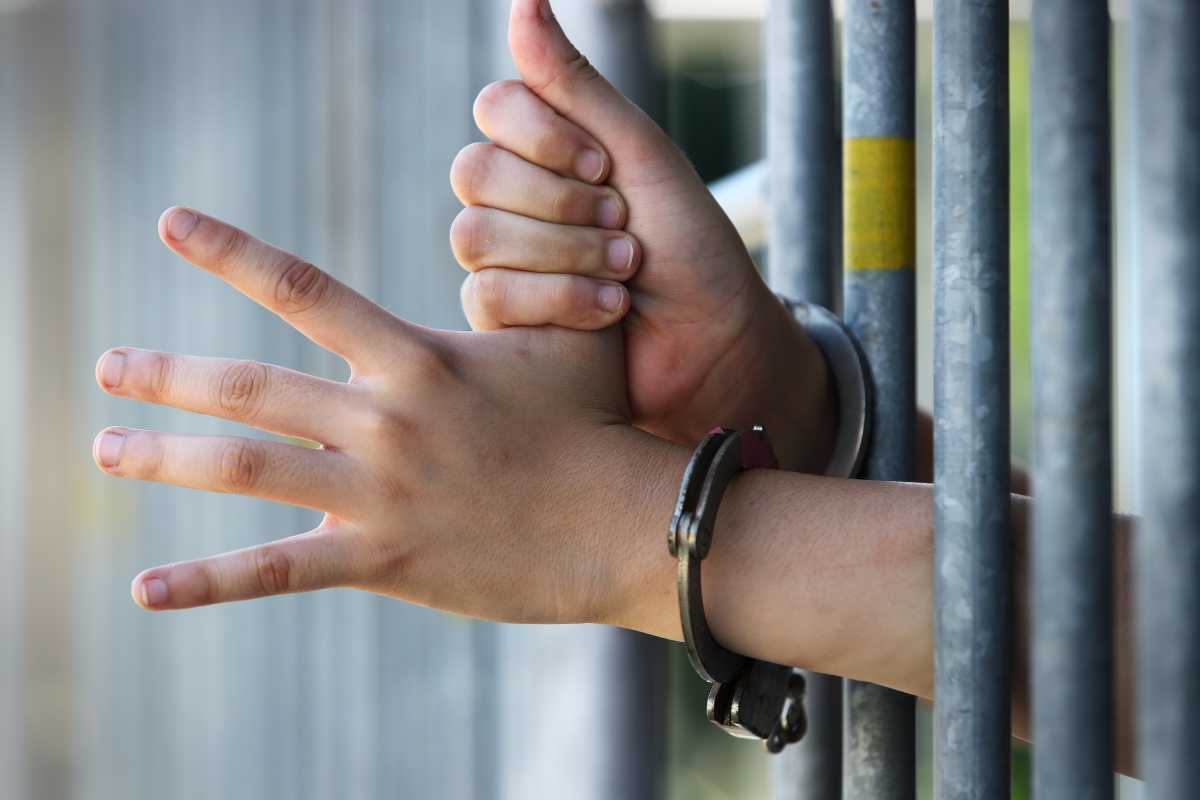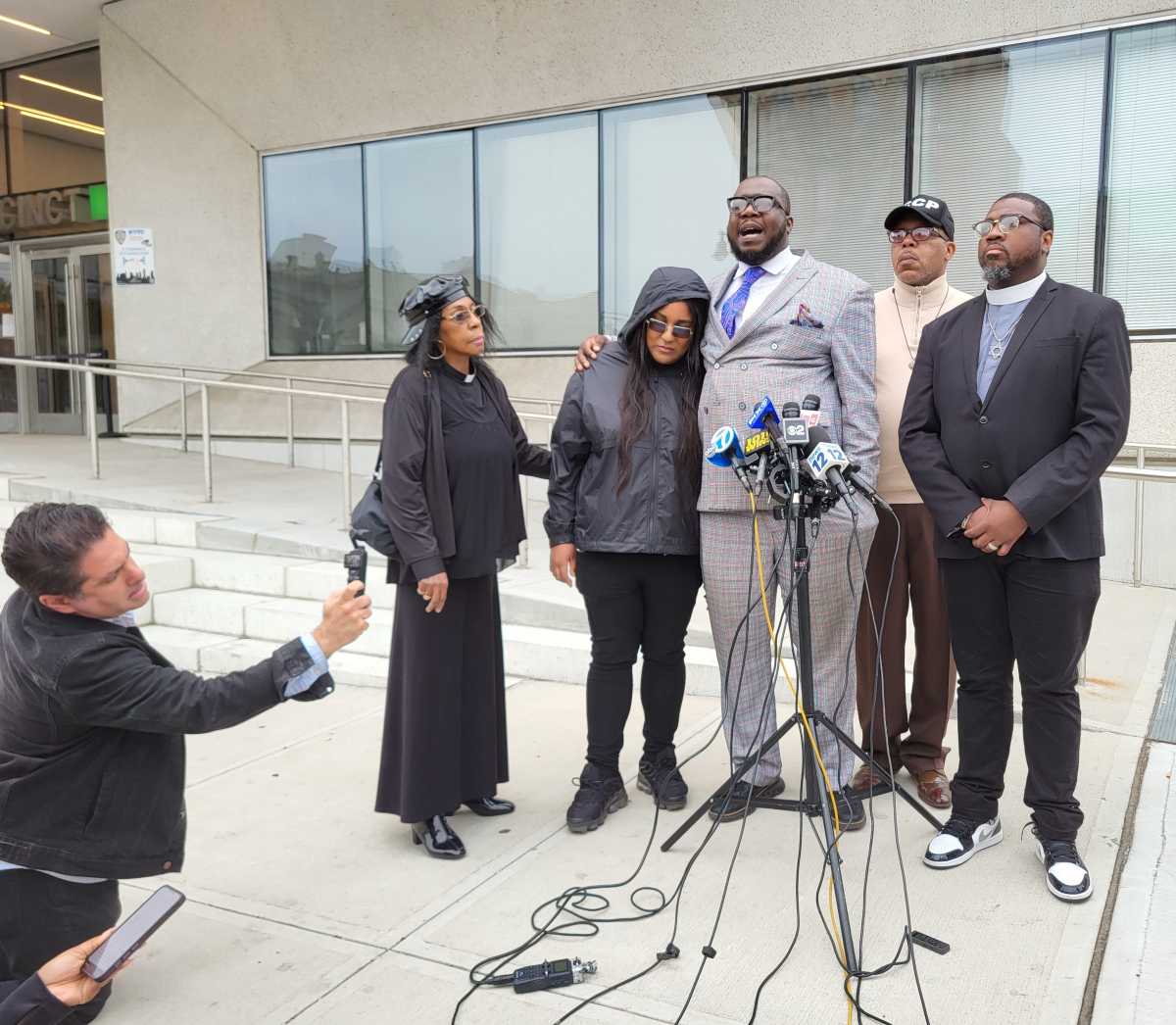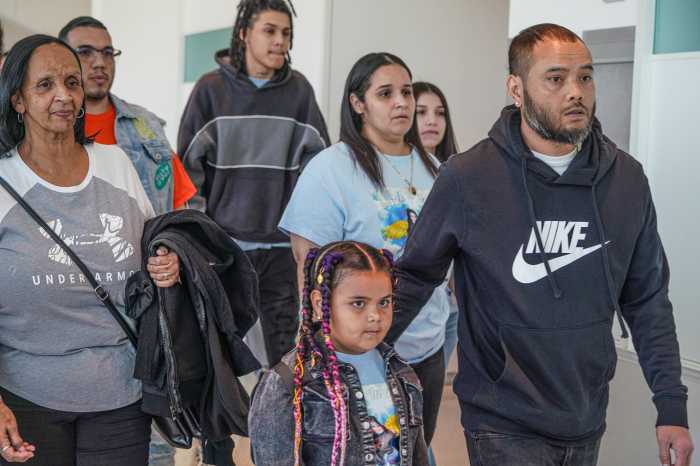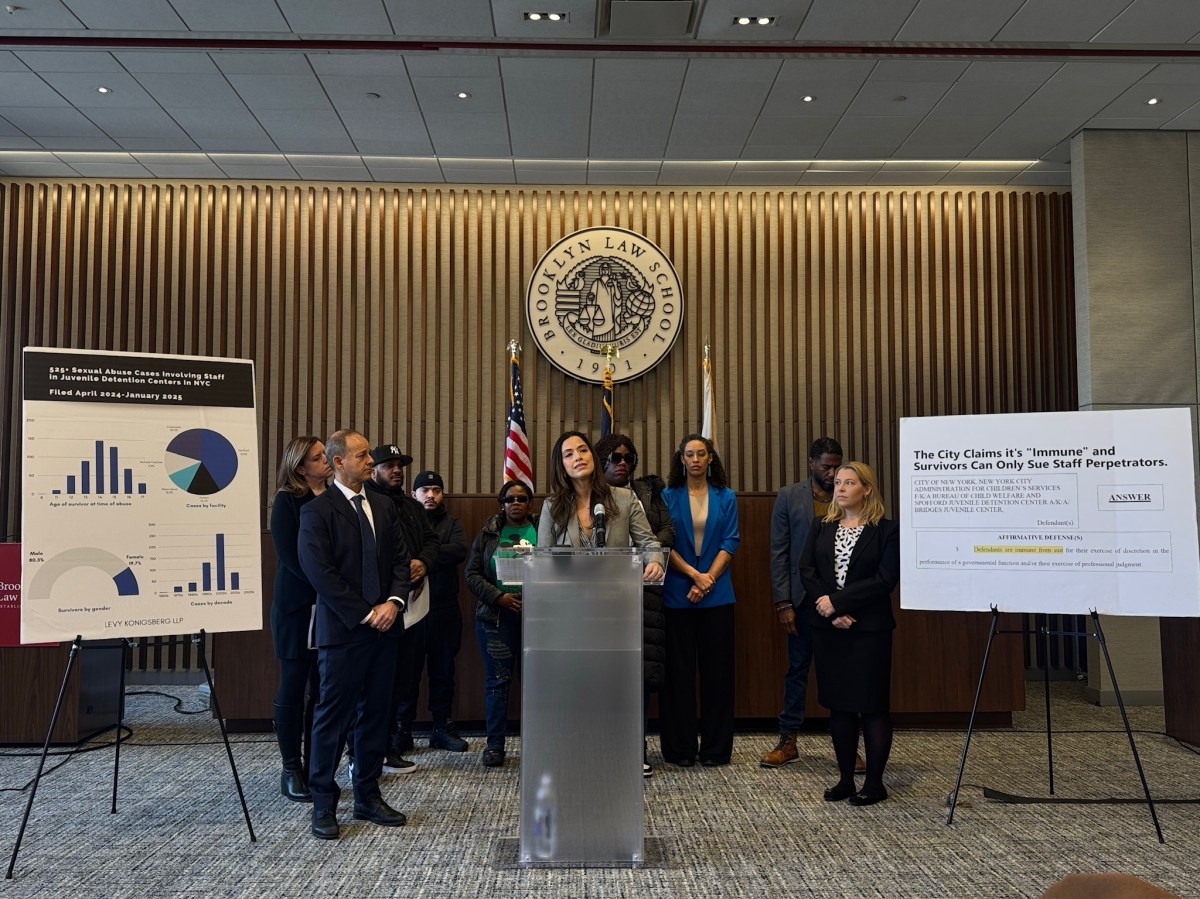The city’s Administration for Children’s Services is tasked with overseeing juvenile detention centers where young children charged with and/or convicted of crimes are housed as part of their sentences. Yet the Legal Aid Society accused the agency on Tuesday of maltreating children in their care at two juvenile detention facilities in the Bronx and Brooklyn.
Legal Aid accused the ACS, in a letter to its commissioner, Jess Dannhauser, of creating a neglectful environment where nearly 100 juvenile detainees live in unassigned quarters, meaning they do not have designated rooms or cells where they sleep or can store their valuables.
As a result, Legal Aid alleges, “these youth are subjected to inadequate and unhealthy sleeping conditions, lack of access to bathrooms and property, increased risk of violence, and inconsistent access to programming and educational services.” It’s an environment that only further deteriorates, not rehabilitates, a young detainee.
The accusations, which the ACS is investigating, are all too similar to the problems facing Rikers Island today, where living conditions have been neglected for decades — leading to upticks in violence, suicide and death that have put both the inmates and the corrections staff sworn to protect them in equal peril.
Many of those on Rikers and in the juvenile detention system have been accused and/or convicted of crimes, some of which are heinous. Some people say, “Lock ‘em up and throw away the key.” Why care about the conditions in which the convicted live?
The truth is much more complex than that. Conviction itself does not justify permitting the convicted to live in abusive or inhumane conditions such as those which have led Rikers to fall under federal receivership, and which the Legal Aid Society now accuses the ACS of permitting.
In recent years, progressive politicians and criminal justice advocates have sought “decarceration” — closing Rikers Island down and finding other ways to reduce the jail population — because of squalor, violence and other terrible conditions in the correctional facilities of New York. But incarceration is key to the criminal justice system; those convicted of crimes must be held accountable for their actions to protect society.
What must happen is an end to the squalor, violence and other terrible conditions experienced within all levels of detention facilities of New York.
The city and state must commit the necessary financial and logistical resources to make these facilities truly humane — including having safe, private living quarters for those housed, ensuring tight security to protect correctional staff, employing medical and mental health workers to quickly address emergency needs, and offering genuine rehabilitation programs to help inmates rebuild their lives.
If we’re serious about reducing the jail population, protecting inmates and guards, promoting better mental health, reducing recidivism and lowering crime in our city, we must make investing in genuine jail reform a top priority.






































